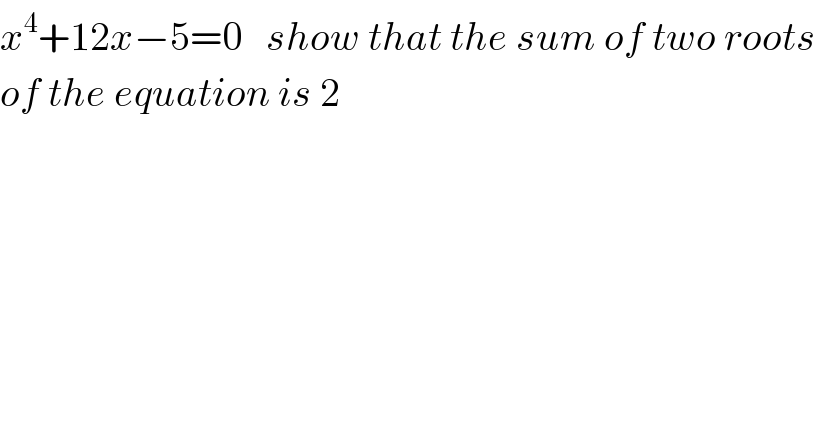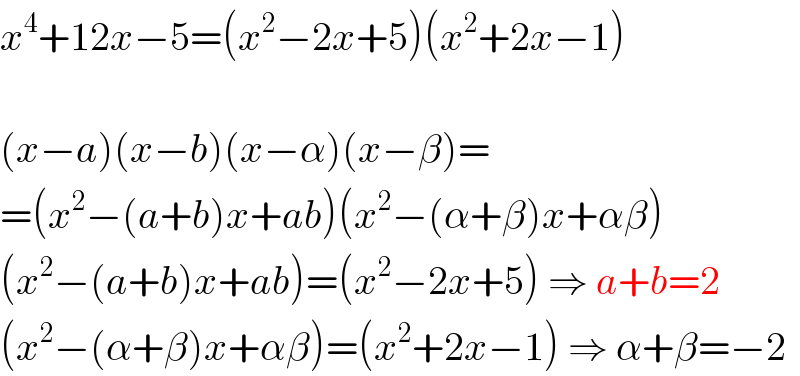
Question and Answers Forum
Question Number 123409 by Snail last updated on 25/Nov/20

Answered by MJS_new last updated on 25/Nov/20

Commented by MJS_new last updated on 25/Nov/20

Commented by Snail last updated on 25/Nov/20

Commented by MJS_new last updated on 25/Nov/20

